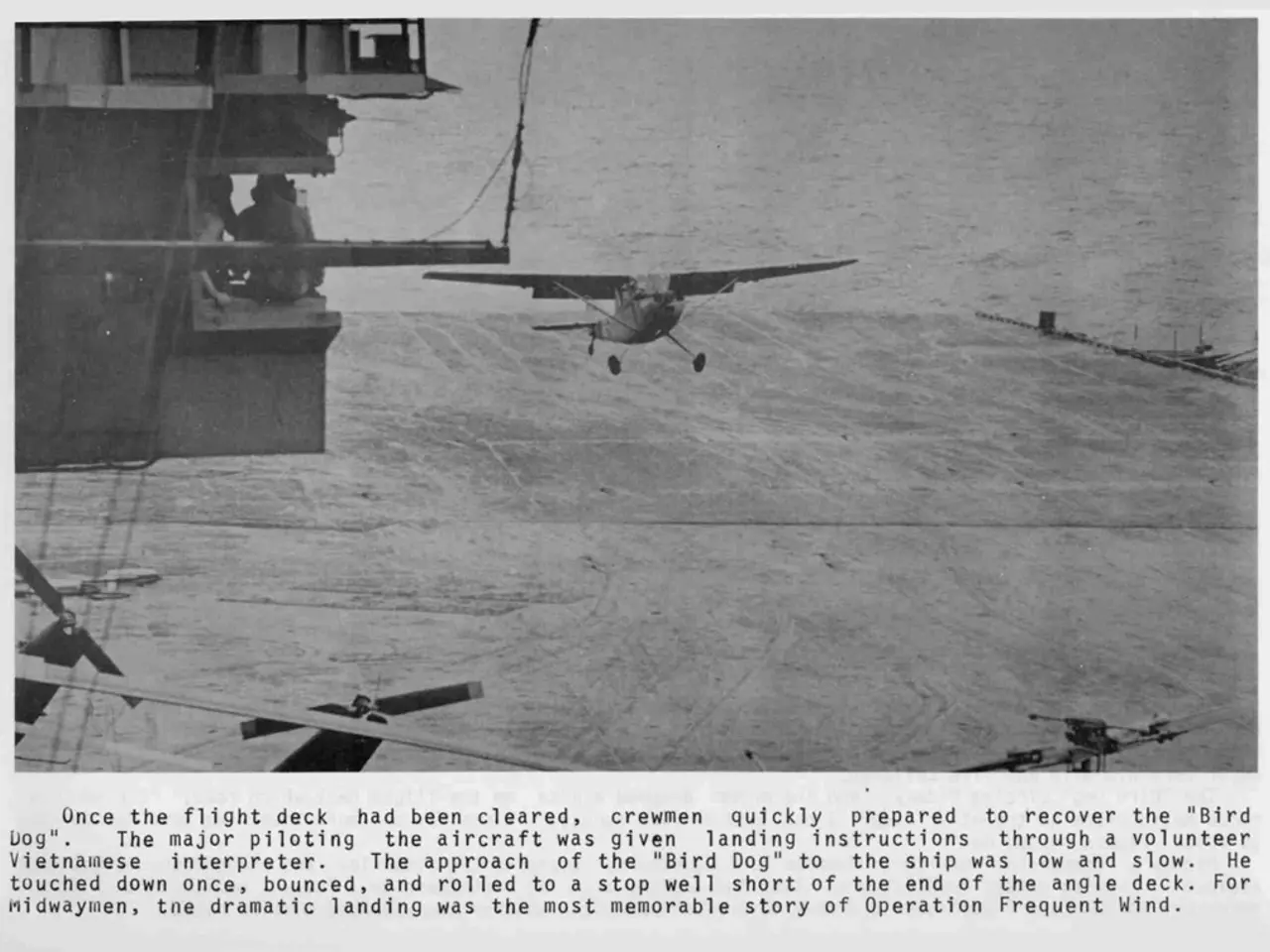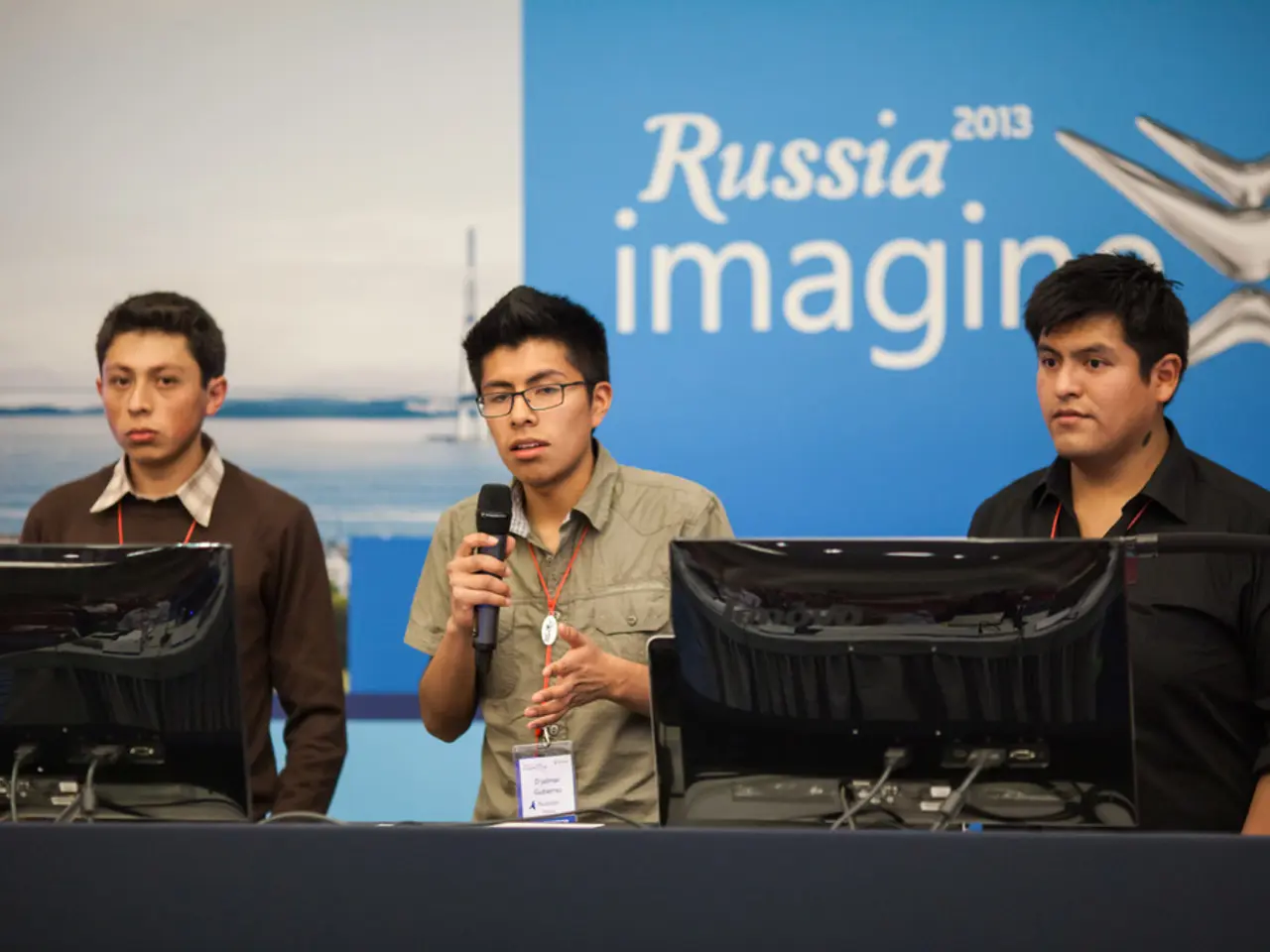Houthi rebel group has allegedly fired a hypersonic missile towards Ben-Gurion Airport, located in Tel Aviv.
In recent developments, the Houthi movement in Yemen has claimed to have launched a hypersonic ballistic missile targeting Ben Gurion Airport in Tel Aviv. However, the veracity of these claims remains disputed.
The Houthis, a Shiite military-political movement in northern Yemen, made the announcement, stating that the strike was in support of the Palestinian people and in response to Israeli actions in Gaza. According to their statement, the missile hit its intended target, causing disruptions to airport operations and panic among civilians.
Israeli air defense systems, however, reportedly intercepted a ballistic missile aimed at Ben Gurion Airport. Although the missile was intercepted, fragments caused a small fire near Jerusalem, with no casualties reported. There is no independent confirmation from Israeli authorities or international observers that the missile hit the airport. The effectiveness of such strikes is difficult to verify.
The Houthis claim to have used a hypersonic missile, but there is skepticism about the actual capabilities of their missiles. The "Palestine 2" missile's hypersonic status is not confirmed. Yevgeny Moroz, a commentator, noted that there's not much similarity between hypersonic ballistic and hypersonic cruise missiles.
While the Houthis have repeatedly claimed to have struck Ben Gurion Airport with a hypersonic missile, these claims are not fully verified, and Israel's air defenses have reportedly intercepted the missile. Therefore, the success of the strike as described by the Houthis is fiction until independently confirmed.
The ongoing conflict between Israel and the Houthis has resulted in several attacks, most of which have been intercepted by Israel's air defense systems. Some hits on Israeli territory have been reported, causing concern among civilians and leading to calls for increased security measures.
The Houthi claims have sparked a wide range of reactions on social media and news platforms. Some have praised the Houthis for standing up for the Palestinian cause, while others have criticized them for their methods and questioned their true intentions.
In Kazakhstan, for instance, a significant portion of the population opposes the practice of covering faces with niqabs, with some seeing it as a symbol of oppression of women or a means for terrorists to hide.
Meanwhile, some commentators have criticized Turkey for doing business with Israel while publicly condemning its actions in Palestine. Turkey's historical relations with Israel, including during World War II, have also been a point of contention.
The situation in Yemen is complex and deeply rooted, with the country experiencing poverty and hunger. Despite Mika's claim that Yemen is trying to help the poor Palestinians, unlike other wealthy Arabs, the reality on the ground is more complex.
In conclusion, while the Houthis have made dramatic claims about their strikes on Tel Aviv's airport, the veracity of these claims remains uncertain. Independent confirmation is needed to establish the facts of the situation. The ongoing conflict between Israel and the Houthis continues to be a source of tension in the region.
The Houthis, amidst the complex and ongoing conflict in Yemen, have stated their missile strike against Ben Gurion Airport was in support of the Palestinian people and a response to Israeli actions, aiming to present solidarity through war-and-conflicts. However, the politics surrounding these events have left questions on the authenticity of their claims, with only disputed general-news about the success of the strike and the capabilities of their missiles.







